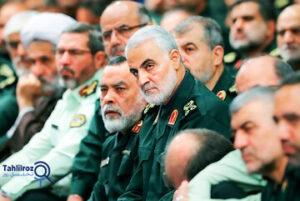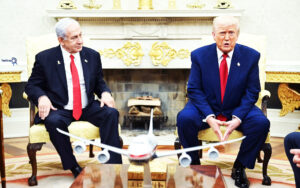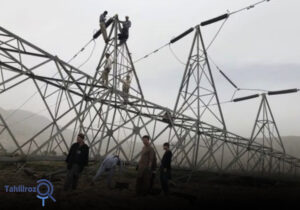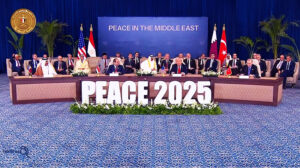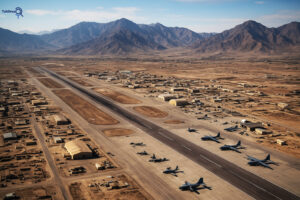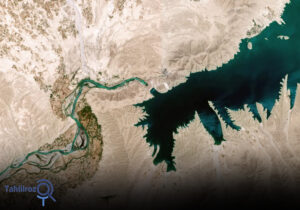Taliban monopolism; Another bloody war is on the way?
Political science theorists believe that the distance of the nation from the government can lead to the destruction of that government, because it is the people who can give life to governments or take their lives. When it comes to the Taliban government, this theory is certain and there is no other way.
With the Taliban take-over, the absolute majority of the Afghans did not have any reaction against this group and they expected that the Taliban would be able to form a powerful and reliable government based on the will of the nation in the absence of America and NATO forces and outer interference and its basis should be laid with Islam instructions.
The Taliban took over Afghanistan, announced slogans, introduced a caretaker cabinet, but this cabinet did not have the color of national unity nor the color of an Islamic and Sharia-based government.
The majority or more than 90% of the cabinet members were occupied by the Taliban and the Pashtun people, and other ethnic groups had no share in the cabinet. It all shows the Taliban monopolism.
Afghanistan is a country of ethnic groups, and this characteristic has turned it into a beautiful garden, which if watered with unity and brotherhood, becomes more fruitful and flourishing every day, but if someone misbehaves, this garden will no longer be a garden.
Taliban monopolism: Taliban’s conflict with non-Pashtuns
One of the main demands of Afghanistan people, the region and the world from the Taliban, has been the formation of an inclusive government in which all ethnic groups have a share.
Many meetings were held in this regard in the countries of the region and the world, but the Taliban are stubborn against all these demands and say that their government is inclusive.
Considering the current situation, it can be seen that the Taliban is trying to form an all-Pashtun government so that Pashtuns have the absolute power. It should be noted that moderate Taliban and Pashtuns are still protesting against this Taliban monopolism.
For example, Sirajuddin Haqqani, the Interior Minister of the Taliban, clearly protested the monopoly of this group.
In a general view, it can be said that the formation of a Taliban government in Afghanistan and the elimination of other ethnic groups cannot be established in any way, and it will lead to bloody civil wars and damage national unity seriously.

Is a civil war coming?
Everyone remembers the civil wars of the 1990s, when a war broke out due to the power-seeking of some jihadist leaders, and Afghanistan, especially Kabul, became an abandoned ruin, as if no one had lived in it for years.
The Taliban’s desire for power can also start a full-scale civil war, and this will not be far-fetched, because the people of Afghanistan have proven well that they never bow down to force and tyranny and fight for their rights.
Certainly, if a war breaks out, it will not be a war against the U.S, the Soviet Union, or England, but a war between brothers, and this is not at all appropriate for a unified Afghanistan.
what’s the solution?
Afghanistan has been involved in war and bloodshed for more than 40 years, and Afghans will not start a war until they are forced to. Taliban is a part of this people, but not the representative of all people.
Therefore, it is necessary for the Taliban to form an inclusive government as soon as possible, in which they have real representatives of the people. Taliban monopolism has no future and does not last very long.
The Taliban monopolism destroys the foundations of progress and provides grounds for war and fratricide. The time has come for a powerful and strong government to be formed in the absence of foreigners to transform the tired and painful Afghanistan into a progressive and stable country.
The past is gone, but past mistakes should not be repeated, which will be a poison for Afghanistan and its people who have been suffering for years.
Elyas Ahmadi is an Afghan Analyst
Translator: Mohsen Shahrafiee


